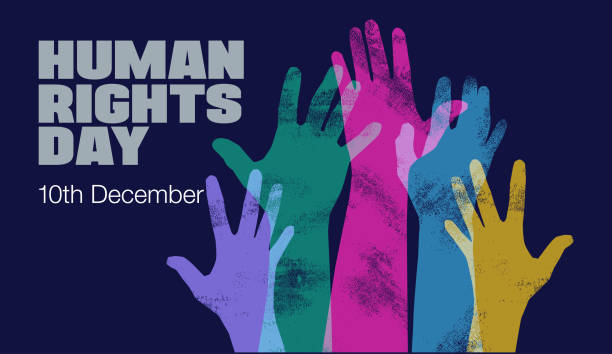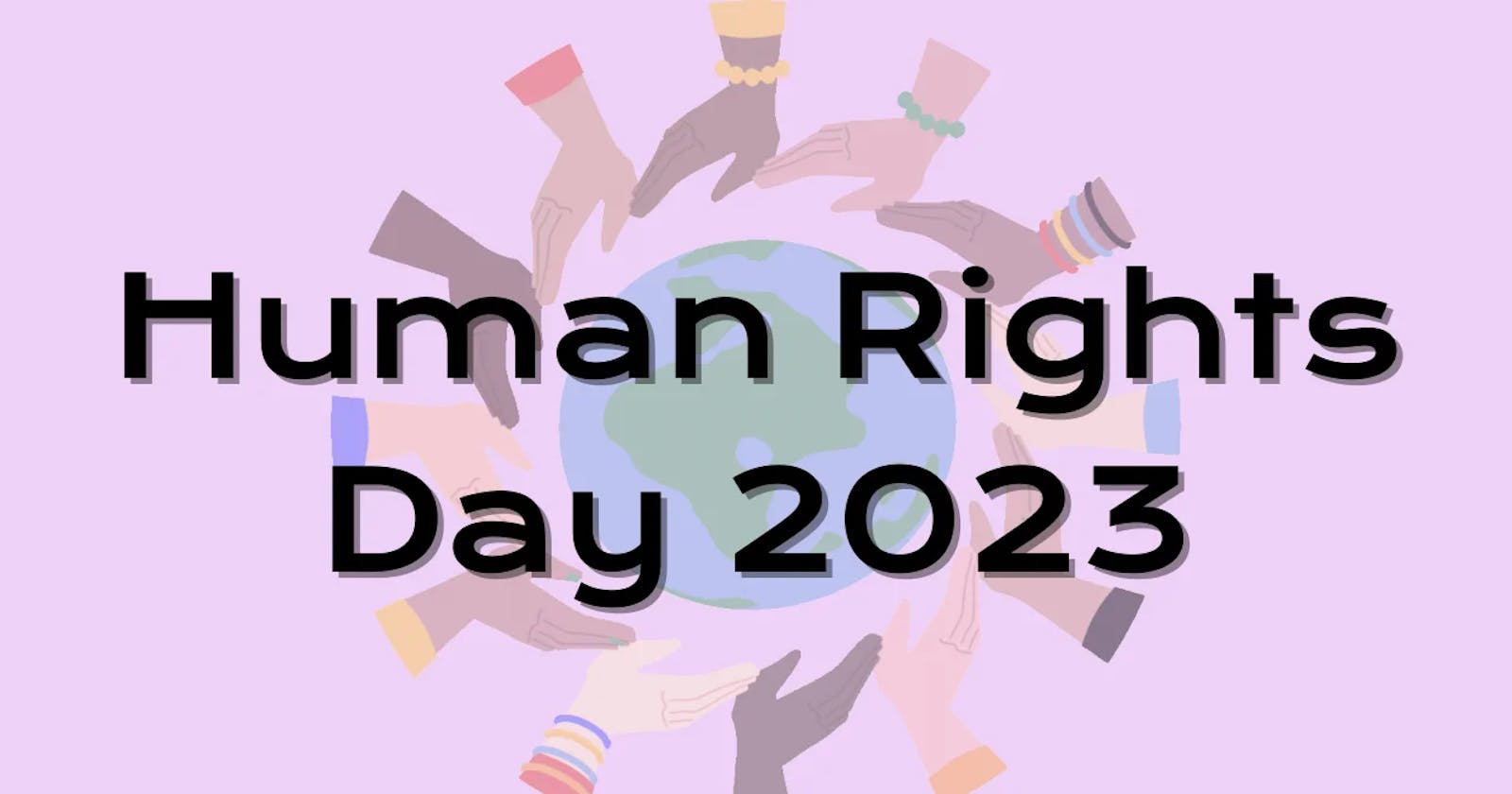In the wise words of Nelson Mandela, "Not giving people their basic human rights is like questioning their very humanity." As we set out to understand human rights in India, we look into the important work of the National Human Rights Commission (NHRC), the core of human rights, and the significant journey shaped by principles like fairness, justice, and respect. Taking inspiration from Martin Luther King, Jr., who said, "Delaying someone's rights is the same as denying them," and the fundamental idea that "All humans are born free and equal in respect and rights," this article unfolds the complexities of human rights, spotlighting how the NHRC plays a crucial role in making them a reality through projects developed using tenders.
Knowing Your Rights
Every person has some fundamental rights just because they are human. These rights are for everyone and can't be taken away, covering things like how we live, express ourselves, and even how we're treated. In India's diverse mix of people, these rights are like a promise in our Constitution. It ensures that all citizens are treated fairly and equally, respecting everyone's dignity.
NHRC's Important Job
The National Human Rights Commission (NHRC) is like a guardian making sure our rights are protected and promoted in India. It started its work in 1993 and has the important job of looking into when rights are not respected, checking out what happened, and making sure people know about their rights. The NHRC's role is always changing to fit the needs of a society that wants things to be fair, equal, and respectful – just like we talked about with our rights earlier.
Facing Human Rights Challenges in India
Even though India is moving forward in many ways, there are still some problems with how people's rights are treated. Things like unfair treatment, differences between men and women, money gaps, and not everyone getting the same chances for education and healthcare are still happening. Recognizing these issues is the first thing we need to do to make sure our society becomes a place where everyone gets their rights, not just something we talk about but something everyone really experiences.
NHRC's Efforts: Improving Things Around Us
The NHRC understands the problems we face and is actively working to make them better. They're involved in important projects that touch on various aspects, such as stopping unfair treatment and ensuring everyone gets an equal chance for education and healthcare. Each project they undertake is like a clever move to create a society that's more just and equal.
Take, for example, the NHRC putting out a notice in Delhi, searching for book vendors. They're looking to build a team of vendors who can provide them with books. It's a way for the NHRC to connect with vendors who want to contribute to their work. This notice is part of their bigger plan, including projects developed using tenders, to effectively tackle human rights issues in India.
How NHRC Chooses Helpers for Projects
The NHRC has a smart way of picking who helps with their projects – they use something called tenders. Tenders are like invitations sent out to different groups, like NGOs and organizations, asking them to work together on different projects. This clever approach makes sure that the projects match with what the NHRC believes in, which is making sure everyone's human rights are protected.
Getting Involved with NHRC: How It Works
NHRC tenders are like a special way of asking talented groups or individuals to join in on projects. It's a bit like sending out invitations that explain what the project is about, what's needed, and how they'll pick who gets to help. The NHRC chooses partners who care about human rights, and they do it in a fair and clear way.
Why Tenders Help NHRC Projects
Picking Fairly: NHRC tenders make sure everyone has an equal chance to join in, using a clear and open selection process.
Different Skills: Tenders help NHRC work with groups that have different skills, bringing in new and smart ideas to solve tough human rights problems.
Doing Better, Faster: Because tenders make things a bit like a friendly competition, projects become more efficient. Organizations try their best to make a real impact and achieve human rights goals.
NHRC's Tender-Driven Projects in Action
Fair Education for All: Through specific tenders, the NHRC teams up with groups to fix problems in education. They focus on giving everyone a fair chance, removing unfair treatment, and ensuring everyone gets a good education, especially those in need.
Accessible Healthcare Initiatives: Tenders are a key part of NHRC projects that aim to make healthcare better. By working with healthcare groups through tenders, they break down barriers and make sure everyone, especially vulnerable groups, can get the healthcare they need.
Fighting Discrimination: NHRC projects that tackle discrimination use tenders to find groups that are passionate about stopping biases. These projects aim to spread awareness, promote inclusivity, and create rules that treat everyone fairly.
Results of NHRC's Tender Projects
NHRC's projects, done with the help of tenders, have shown real results. They've made more people aware of their rights and put rules in place to protect those who need it the most. These projects are steps toward creating a society where everyone feels free to use their rights without worrying about being treated unfairly.
Moving Ahead: What's Next for NHRC
Even though NHRC projects are making things better, there are still some problems to solve. Things like too many rules, not enough resources, and not enough people taking part are challenges. Solving these issues needs everyone – regular people, groups, and the government – to work together.
People Power and Local Involvement
Human rights are not just something for big groups; they're something everyone should care about. When regular people and local groups get involved, it makes a big difference. Small, local movements and everyone taking part help make sure everyone's voice is heard, everyone knows about their rights, and institutions do what they're supposed to. The NHRC really supports and wants regular people to be a part of this, knowing how important it is in the big story of human rights.
Closing Thoughts: A Tomorrow Built on Fairness
As we figure out how to make human rights work in India, the NHRC's projects using tenders show us that they're really trying to solve problems. By working together and making sure things are fair, these projects are helping create a future where everyone experiences their rights, not just talks about them. Let's keep going in the direction of a society where we don't just question the denial of human rights but completely get rid of it. That way, we can build a world where everyone is treated with respect, fairness, and equality.

For reference:
Reference 1: https://www.un.org/en/observances/human-rights-day
Reference 2: https://nhrc.nic.in/

